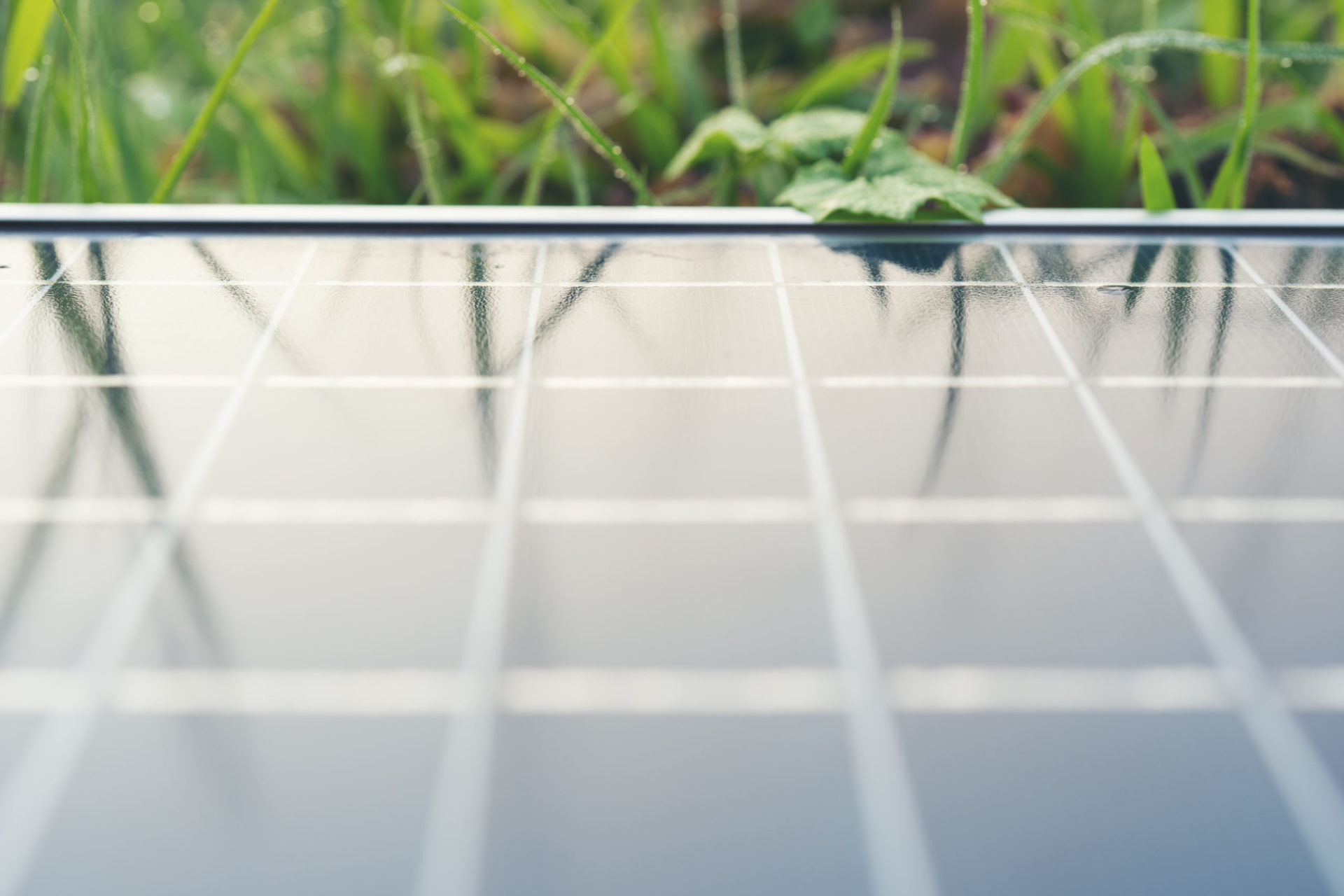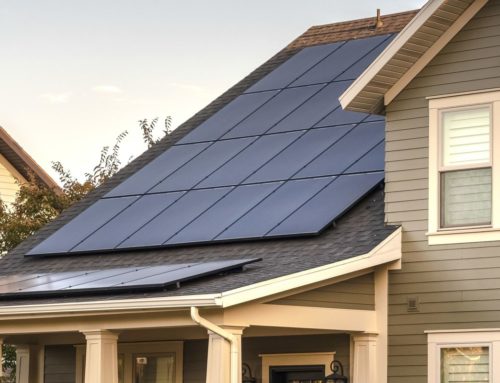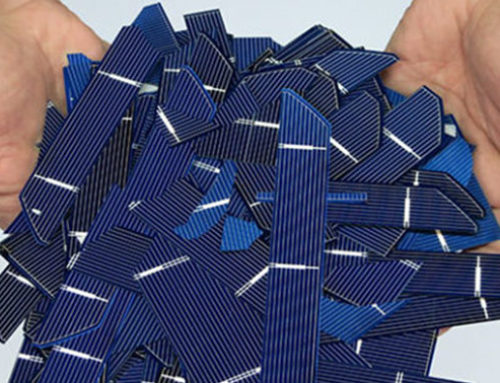Energy output is over 100 times the input needed to manufacture solar panels

July 5, 2022
Superficially, solar panels are seen as good for the environment. But what this limited perspective doesn’t address is how much energy it takes to make solar panels. If it takes more energy to make a solar panel than it will produce in its lifetime, solar wouldn’t be so clean would it? Singapore-based solar panel manufacturer Maxeon (formerly part of SunPower), released the results of a third-party energy payback evaluation showing that solar panels produce enough energy in less than a year to offset the energy it took to manufacture them. For certain system types, that payback can be a little as 47.5 days!
Missing from the published study are what inputs were used for the type of power was used to produce the solar panels (coal, natural gas, hydro, solar, wind or other), where they were shipped from and to and what environment the energy production from the solar panels was modeled with. But even with worst case scenarios for all of these inputs, with power production warranties of 25-40 years for solar panels, it seems pretty clear that solar panels are a significant net positive for the environment.
Here’s a link to the original article and you can find the full text below.
Maxeon Solar Technologies, a major PV module producer based in Singapore, revealed the results of a third-party energy payback performance evaluation of its Maxeon 3 panels in its 2021 annual sustainability report.
Energy payback is the period required for a renewable energy system to generate the same amount of energy that was used to produce the system itself. The assessment considers the cumulative energy demand over all the life cycle stages of solar panels and considers local grid efficiencies for different global locations.
The test found that Maxeon 3 solar panels had an energy payback period ranging from 0.13 to 0.45 years for ground mounted module, and 0.27 to 0.92 years for a residential rooftop system. For ground mounted panels, the energy payback period can be as little as 47.5 days.
Spread over the 40-year performance warranty on the panels, the energy output exceeds the input more than 100 times over its lifetime, marking a significant milestone for the sustainability of PV technology.
Energy output is over 100 times the input needed to manufacture solar panels

July 5, 2022
Superficially, solar panels are seen as good for the environment. But what this limited perspective doesn’t address is how much energy it takes to make solar panels. If it takes more energy to make a solar panel than it will produce in its lifetime, solar wouldn’t be so clean would it? Singapore-based solar panel manufacturer Maxeon (formerly part of SunPower), released the results of a third-party energy payback evaluation showing that solar panels produce enough energy in less than a year to offset the energy it took to manufacture them. For certain system types, that payback can be a little as 47.5 days!
Missing from the published study are what inputs were used for the type of power was used to produce the solar panels (coal, natural gas, hydro, solar, wind or other), where they were shipped from and to and what environment the energy production from the solar panels was modeled with. But even with worst case scenarios for all of these inputs, with power production warranties of 25-40 years for solar panels, it seems pretty clear that solar panels are a significant net positive for the environment.
Here’s a link to the original article and you can find the full text below.
Maxeon Solar Technologies, a major PV module producer based in Singapore, revealed the results of a third-party energy payback performance evaluation of its Maxeon 3 panels in its 2021 annual sustainability report.
Energy payback is the period required for a renewable energy system to generate the same amount of energy that was used to produce the system itself. The assessment considers the cumulative energy demand over all the life cycle stages of solar panels and considers local grid efficiencies for different global locations.
The test found that Maxeon 3 solar panels had an energy payback period ranging from 0.13 to 0.45 years for ground mounted module, and 0.27 to 0.92 years for a residential rooftop system. For ground mounted panels, the energy payback period can be as little as 47.5 days.
Spread over the 40-year performance warranty on the panels, the energy output exceeds the input more than 100 times over its lifetime, marking a significant milestone for the sustainability of PV technology.
Have a question about solar panels or anything else? Send us a message and we’ll answer ASAP.
Have a question about solar panels or anything else? Send us a message and we’ll answer ASAP.








